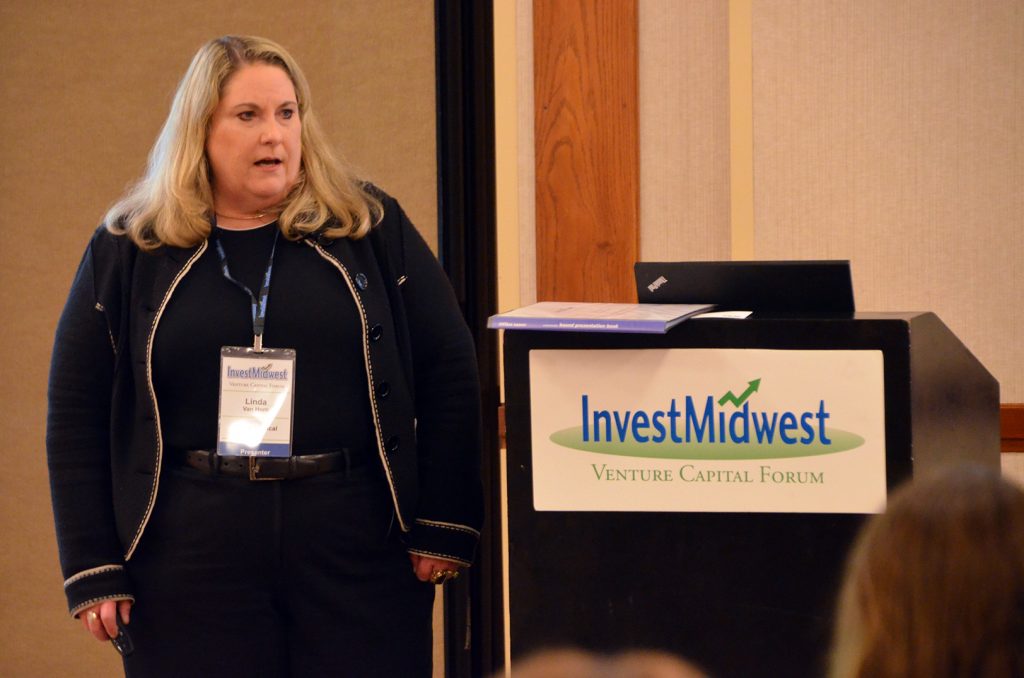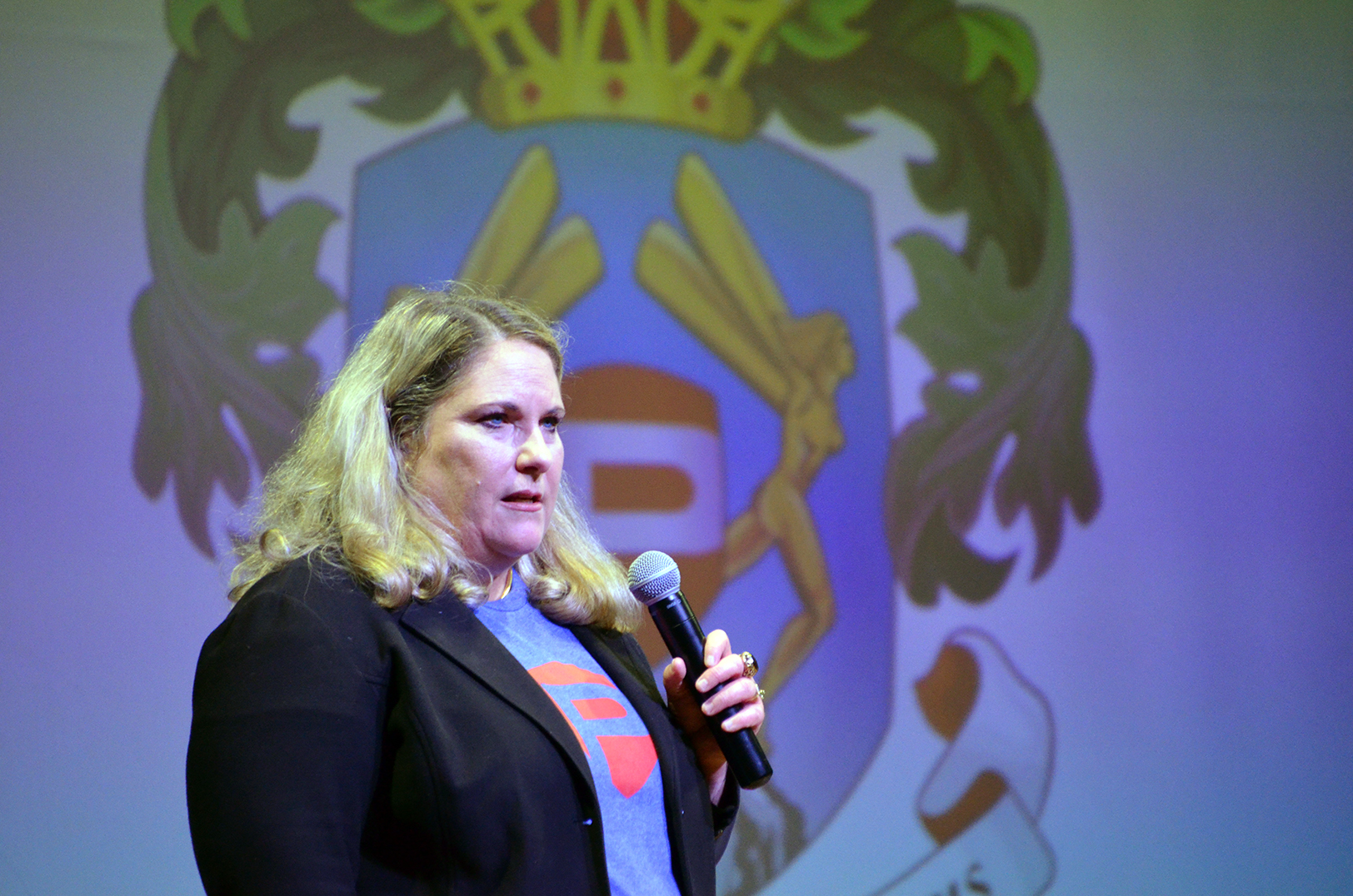Medical errors shouldn’t be among the leading causes of death in a country as developed as the United States, said Linda Van Horn, especially when failure to communicate critical information across platforms is to blame.

Linda Van Horn, iShare Medical
“It’s unacceptable to make mistakes, just because the information is not readily available to the provider, the doctor or the hospital at the point of care,” said Van Horn, founder of iShare Medical. “They’re having to make decisions on incomplete information.”
Kansas City-based iShare Medical specializes in an electronic healthcare record (EHR) combining medical data from across practices to allow physicians in different offices to review a patient’s full medical history. The streamlined system is intended to improve patient outcomes and reduce costs.
The startup has so quickly been accepted across the healthcare industry that it already works with more than 20 agencies, including Medicare, Medicaid and the Veterans Affairs system. iShare Medical is one of only five accredited government trust anchors in the U.S., said Van Horn.
“We spend nearly $4 trillion annually on health care, and half of that is spent by the federal government,” she said. “If we could just achieve a 20 or 25 percent cut in costs of healthcare, we could achieve significant savings.”
Click here to learn more about iShare Medical.
Errant medical care frequently isn’t caused by neglect on the part of a doctor, Van Horn said, citing a study by Johns Hopkins Hospital that noted such deaths, “represent systemic problems, including poorly coordinated care [and] fragmented insurance networks.”

Linda Van Horn, iShare Medical, InvestMidwest
Analog practices like faxing medical records between offices contribute to potentially deadly or overly costly patient care, wherein information can more easily be lost, misread or misinterpreted, she said.
“And because we don’t have the accurate medical record, we end up repeating tests and doing more encounters, and spending more money because we don’t have all the information at our fingertips,” Van Horn said.
Additionally, patients might have forgotten about previous surgeries, conditions or exam results, she said, posing significant, unintended risks when doctors essentially enter a situation blind to a person’s actual medical history.
Eliminating such confusion with a platform like iShare Medical offers life-saving potential, Van Horn said.
“It makes the system more efficient, more accurate, which reduces costs, improves care and outcomes and ultimately saves lives,” she said. “It is unacceptable that the third leading cause of death in the U.S. is preventable medical errors. That is staggering.”






































